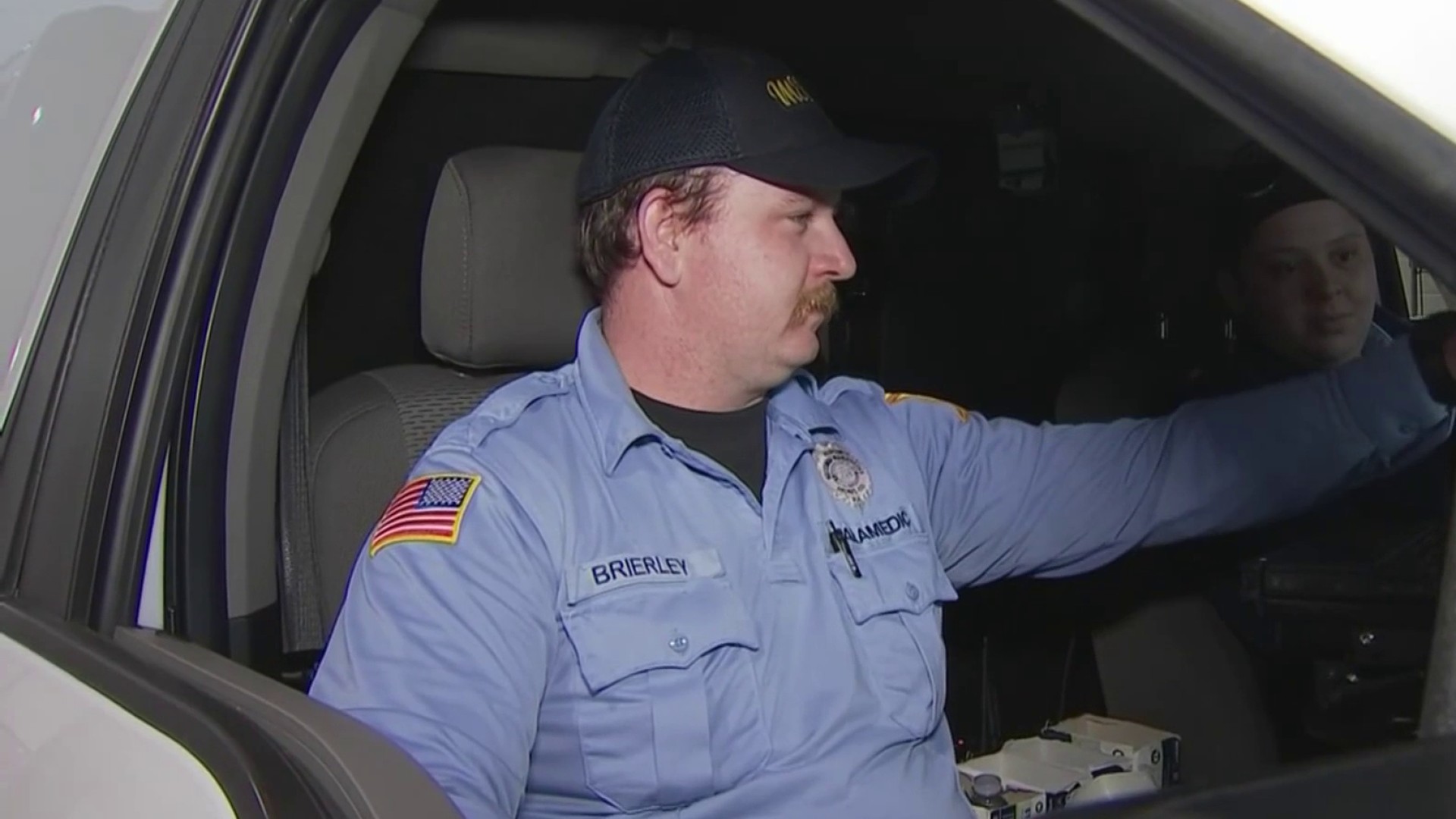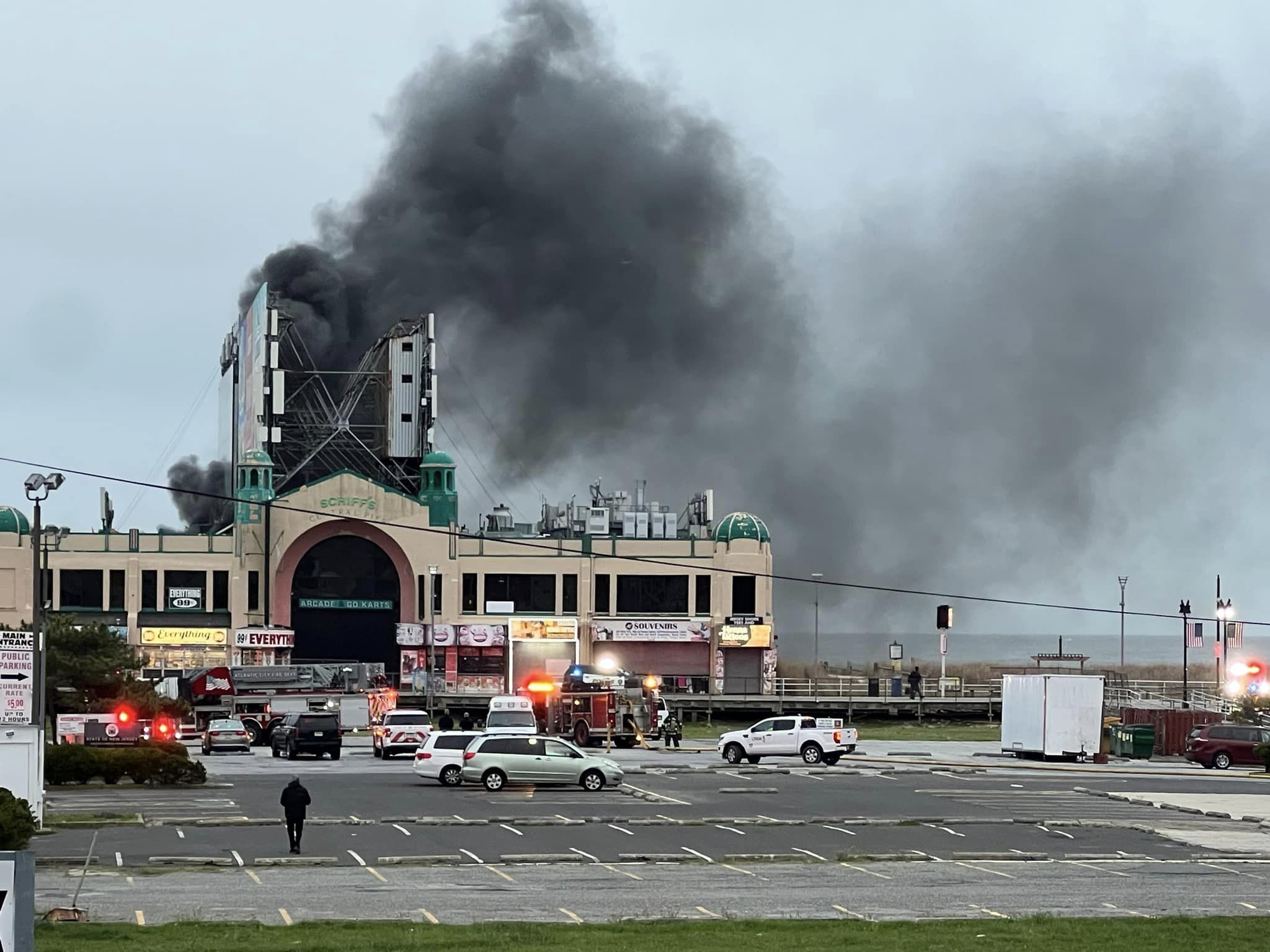It was a perfect fit for the unsolved murder case.
The story as told by two prison informants included sex, drugs and murder.
The informants — one so prolific in his ability to get confessions from fellow prisoners that he was nicknamed "the Monsignor" — told police that fellow inmate and convicted drug dealer Ernest Priovolos admitted to murdering Cheryl Succa.
Twenty-three years after his conviction, Priovolos — who served 12 years in prison before his release — still says they were lying.
But the Montgomery County District Attorney's Office stands by its conviction.
Now the Pennsylvania Superior Court is looking at the case.
Priovolos' attorney, Frank Genovese, filed a notice of appeal with the court in January, after the most recent Post-Conviction Relief Act petition was dismissed last year by a judge in Montgomery County Court. Prosecutors filed their response to the appeal May 22. The Post-Conviction Relief Act allows those convicted of a crime they didn't commit or serving an illegal sentence to seek in the form of rearraignment, retrial, discharge from prison, a correction of a sentence or other forms of relief from the court system.
Local
Breaking news and the stories that matter to your neighborhood.
Succa's body was found Friday, Oct. 24, 1986, under a small concrete bridge in Lower Moreland next to the Huntingdon Valley Country Club's golf course. The 21-year-old Upper Southampton resident's body was bent awkwardly on the rocks in a creek bed that runs through the course and down toward Philadelphia. Her head, bent backward, supported the bulk of her body. Part of her body was in the water.
She was wearing blue jeans, a plaid sports shirt, a black-and-blue flannel checkered shirt and a partially removed tan ski vest. Blood was on her face and vest. A large bruise showed over her left eye and another across the bridge of her nose.
Initially, Cheryl's death was ruled accidental. But weeks later, a detective came back asking the coroner about the blood on the vest and why the garment was partially removed. Police kept digging and, eventually, the coroner changed his ruling and declared Cheryl's death a homicide.
Investigators unearthed numerous statements, including reports that a man had been seen carrying a bundle toward the bridge the night before Cheryl's body was found. A flier showing a long-haired blond man was circulated.
Cheryl had left her home that Tuesday and not returned. Her mother had told family members she feared Cheryl had gone out to use drugs.
Police learned that Cheryl was dating Priovolos, a dark-haired, 26-year-old Upper Southampton man whom they knew ran in local drug circles. A witness told police he'd seen Cheryl at Priovolos' home the day before her body was found. Priovolos claimed he'd spent the day driving around with a friend. However, that friend later denied it.
By 1988, Priovolos was in Bucks County prison on drug charges.
Priovolos was first charged in 1988 with Cheryl's murder, but the case ended in a mistrial when a prosecution witness claimed Priovolos had molested her when they were dating, a claim she never brought to police. The argument was made that the jury had been tainted, and the judge ruled a mistrial.
John Hall, "the Monsignor," and fellow prisoner Edward Bauman told investigators in late 1988 that Priovolos confessed to them that he'd spent hours with Cheryl just before her death. They said he told them that he fondled Cheryl on the Terwood Road bridge and then karate chopped her, sending her off the side of the small bridge because she'd refused his advances.
He was found guilty of murder, robbery and theft during the second trial in January 1991, and was sentenced to 10 to 20 years in state prison.
Paroled in 2003, Priovolos, now 53 and living in Warrington, is still fighting to clear his name.
He and his attorneys have unearthed detail after detail, according to the Priovolos family, which they believe should help get that conviction overturned.
The district attorney's office does not believe anything in Priovolos' filings calls for a new hearing or trial.
"In Mr. Priovolos' PCRA petition, however, he has not offered any evidence calling into question whether he murdered Cheryl Succa in 1986," First Assistant District Attorney Kevin Steele wrote in a recent statement to The Intelligencer. "His untimely allegations otherwise are purely speculative and do not cast doubt on his convictions."
The crux of the filing is a report by a defense-hired forensics expert who believes the blood stains found on Succa's clothing did not come from Priovolos.
Dr. Monte Miller of Riverside, Calif., said reports and testimony from Priovolos' 1990 trial that suggested he could not be ruled out as the origin of the blood stains "were misleading, improper and contrary to the fact."
And, Miller said that semen found on Cheryl's underwear could have come from 75 percent of the male population.
A second issue raised in the petition revolves around a Warminster police report generated the night before Succa's body was found. The report shows that a woman called Bucks County emergency radio to report a murder. The Priovolos family said it wasn't connected with any other deaths, and that the information could have been investigated by the defense at the trial.
Other witness statements also fuel the family's belief that the killer is still out there. One witness puts Cheryl with another man at a car wash the night of her death.
And when police visited one local man's employer, the man told his boss that they wanted to talk with him because he and a friend had been with Cheryl the night she died.
And, Priovolos' defense team found a statement to police from the groundskeeper at the golf course that someone had been turfing the greens the night before Cheryl's body was found. He said the damage was consistent with someone riding a motorcycle. Police also found discarded beer cans on the course, close to where her body was found. The Priovolos family believes Cheryl could have died from a fall off a motorcycle and was dumped in the creek.
Despite questions about the evidence and alternative theories of the crime, Priovolos' conviction largely rests on that perfect story told by a pair of prison informants.
Bauman and Hall's testimony revolved around a series of conversations they had with Priovolos in the prison.
Priovolos allegedly talked to them about women's breasts, offers he'd made to police to be a drug informant, and how police wanted to question him only about Cheryl's death.
The men testified during his second trial that Priovolos had said Cheryl committed suicide and that he'd "helped" her, motioning with a karate chop. They said Priovolos told them he'd gotten a motel room that Wednesday to have sex, but Cheryl kept passing out. Priovolos said he took her to his house before going for a drive on Washington Lane hoping to park and have sex, they said.
The two informants said Priovolos claimed to grab her breasts, but she said she wanted to go home.
Priovolos said that sometimes "girls just don't know what they want and you have to force them," court records cite Bauman's testimony. They testified that Priovolos slapped her and took her purse. The two struggled, he kissed her, grabbed her breasts again and when she tried to get away he hit her a few times before karate chopping her neck and sending her over the bridge, according to records of testimony.
In the years after Priovolos' conviction, Hall went on to testify in a number of other murder trials.
In the 1990s, Philadelphia Daily News and City Paper stories on a series of high-profile murders in the city detailed how Hall informed on suspects from inside the prison after alleging they confessed to him. In several cases, he was not called as a witness during trials, because prosecutors and police thought he was not believable.
In one murder case, Hall informed on two men and then tried to bolster his story by planting a necklace in a defendant's prison cell. In that case, he didn't testify and the defendants were acquitted.
The Priovolos family said John Hall wrote to one of their appeals attorneys asking to speak face to face. Hall said he urgently wanted to speak with the attorney regarding Priovolos' case.
"I believe it is critical to your case that we have a conference," reads a letter the Priovolos family said came from Hall. "I cannot stress how important it is that we talk prior to any hearing."
However, both that attorney and Hall died before any meeting could take place.
The Northampton County coroner's office said Hall was homeless when he died of natural causes in October 2006.
And Priovolos and his investigator haven't been able to track down Edward Bauman, who up until recently lived in the area. But still they fight, if only to get a new hearing on the evidence.



